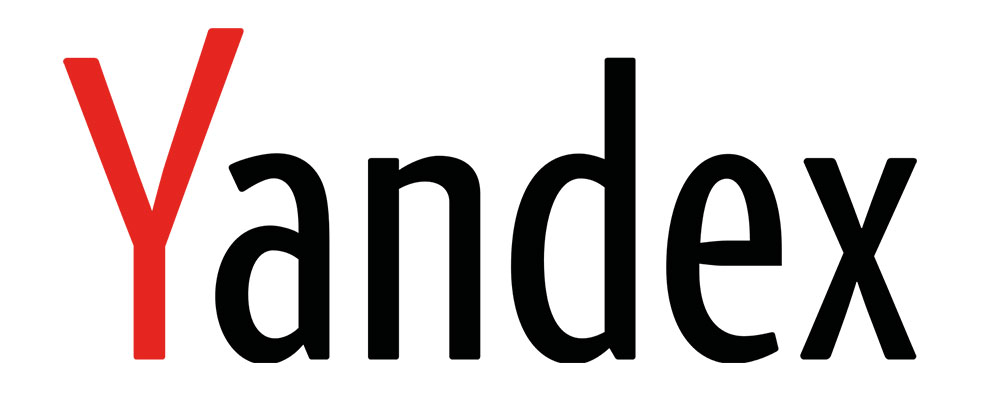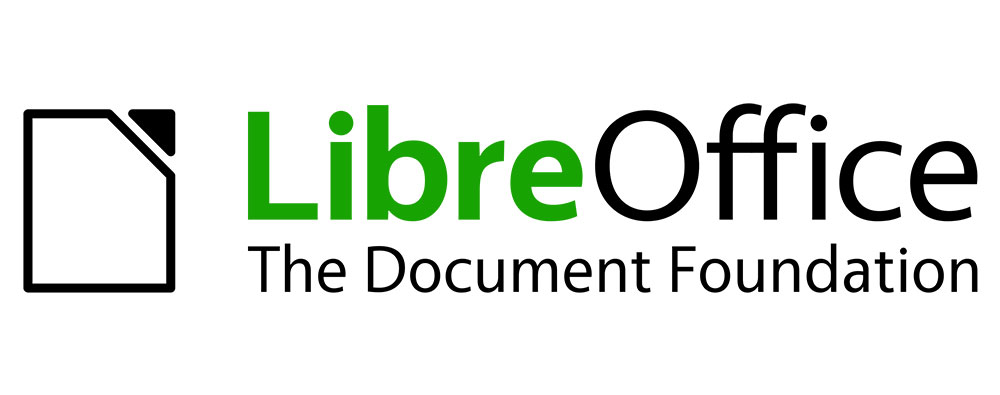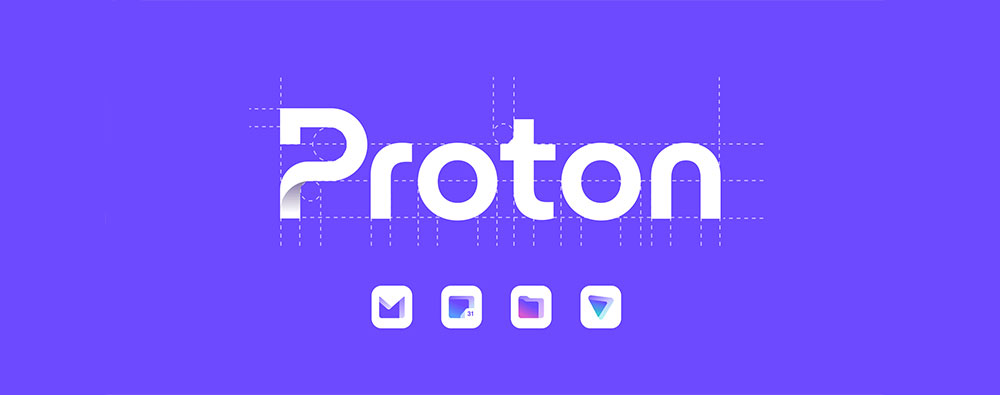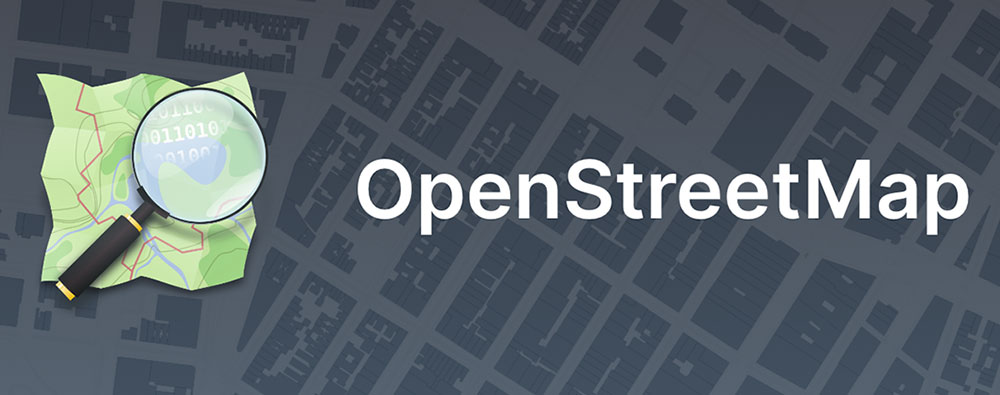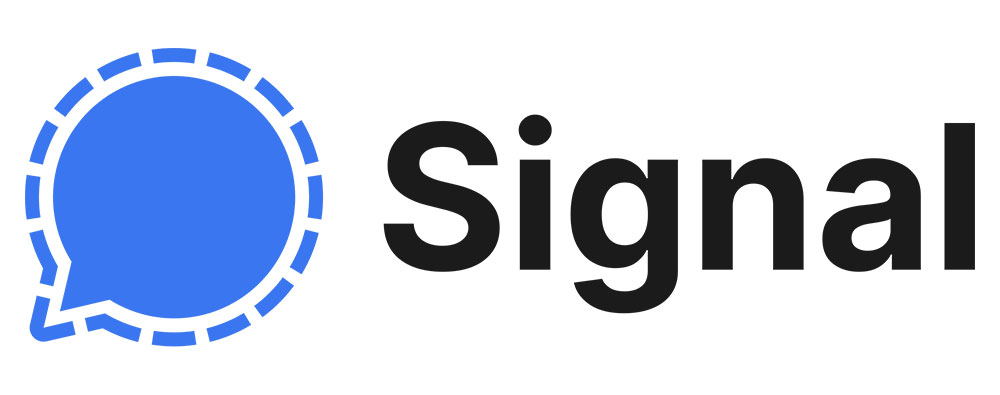Part 1 – Escape the Google Convenience Trap
Here’s a selection of services I personally use to get my information out of the clutches of Big Tech.
These days retaining any kind of measure of online privacy is a tough undertaking. But in spite of what mainstream media would have you believe, it’s still possible for you to get your personal data and private information away from big tech and even out of the grasp of snooping intelligence agencies.
It’s not a simple undertaking, and it takes a measure of adjustment from your normal, everyday browsing and phone habits, but ultimately it’s a vital part of avoiding the increasing amount of censorship out there, and of defeating the Spy in Your Pocket.
List of Viable Google Alternatives
Google Search
⇓
The field of uncensored web search is extremely limited at this stage, and although Google alternatives like DuckDuck Go and Brave claim to be free from big tech censorship, repeated and prolonged testing has proven these claims to be outright lies.
For the time being, about the only Google search alternative to be [mostly] uncensored is Yandex.com, Russia’s answer to Google search. And to be fair, you’ll find an awful lot of valid alternative information here that you simply will not on ANY OTHER search engine out there… just as long as you’re not looking for criticism of Putin.
Google Drive
⇓
From a security perspective, the rule of thumb is: If you want to keep your data private, don’t upload it into the cloud.
But if you must use cloud storage, then Mediafire is your solution. Texas-based, with a transparent and tolerant set of terms & conditions, Mediafire has proven to be a reliable and secure cloud storage provider when compared to mainstream competitors like Google Drive, iCloud or Dropbox. What’s more, Mediafire doesn’t appear to spy on or censor your content, or data-mine it for confidential information.
Google Docs/Microsoft Office
⇓
While there are a number of free, Open-Source Office Apps available to users seeking to escape Google Docs and/or Microsoft Office, my personal weapon of choice is Libre Office, byt he Document Foundation.
It’s private, free, relatively well maintained, and its interface has a familiar feel to it if you’ve been using the above-mentioned big tech office apps. With that said, Libre Office does not support simultaneous collaborative editing by multiple users, but that’s a small price to pay in return for the app’s privacy benefits.
GMail
⇓
Free, encrypted, supposedly private, and widely used by truth-seekers around the world, ProtonMail has been a staple for those wanting to keep their email communications confidential, for a decade.
This, however, is a reluctant recommendation, because Proton is well known to hand over user data to more or less any warrantless request by anyone vaguely resembling a law-enforcement or government entity. That fact renders its claims of “Privacy” laughable.
I’m working on a better, more private email solution, which will roll out once the server-move to Norway is completed in June 2024. Stay tuned.
Google Maps
⇓
Replacing Google Maps is a tough gig, since G-Maps is the undisputed mother of all GPS/mapping apps and none of its rivals come anywhere close in terms of functionality.
With that said, if you’re looking for privacy, the main advantage of OpenStreetMap is that it doesn’t track you and tie your movements and behavior into its “personalization” system, the way Google does with its user profiling algorithms. Beyond that, OSM will give you directions and show basic information, but don’t expect a lot more from it.
Google Meet / Zoom / MS Teams
⇓
Signal offers several distinct advantages over other encrypted messaging apps, like Telegram or Zoom. For starters, Signal is an open-source app, which gives it a layer of transparency none of its competitors can claim.
Its other main advantage of its rivals is the fact that it stores all your files locally instead of in the cloud or on its own servers. This adds a layer of control over your private information that other messaging/video conferencing apps simply do not have,\
While switching to these apps is not a “Privacy Silver Bullet,” it will remove a significant chunk of your personal data from Big Tech’s clutches and form a foundation for returning control over your information to you, personally.
But Wait! There’s More!
This section is being expanded into a one-stop resource for those wishing to reclaim their online privacy and stop Big Tech from being a Peeping Tom who eavesdrops on the 24/7, even during their most intimate moments.
Latest News in “De-Google Your Life”
Sorry, there's nothing here yet

